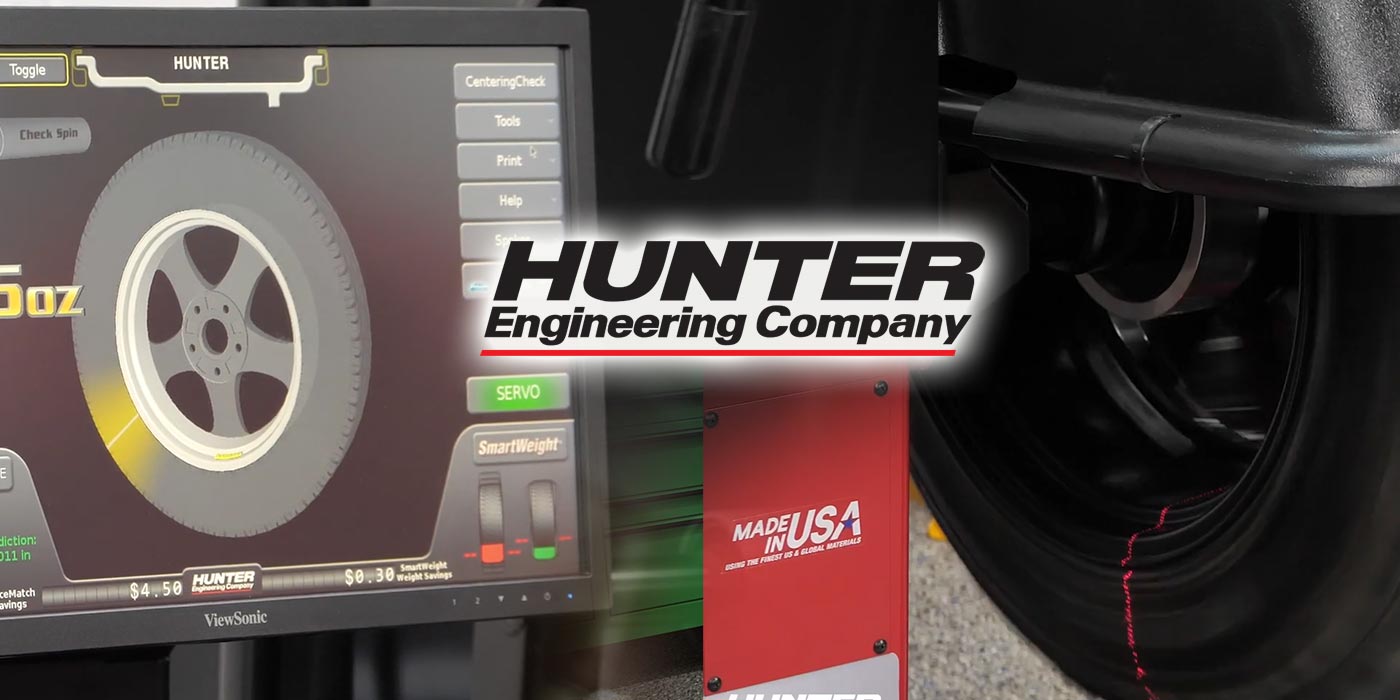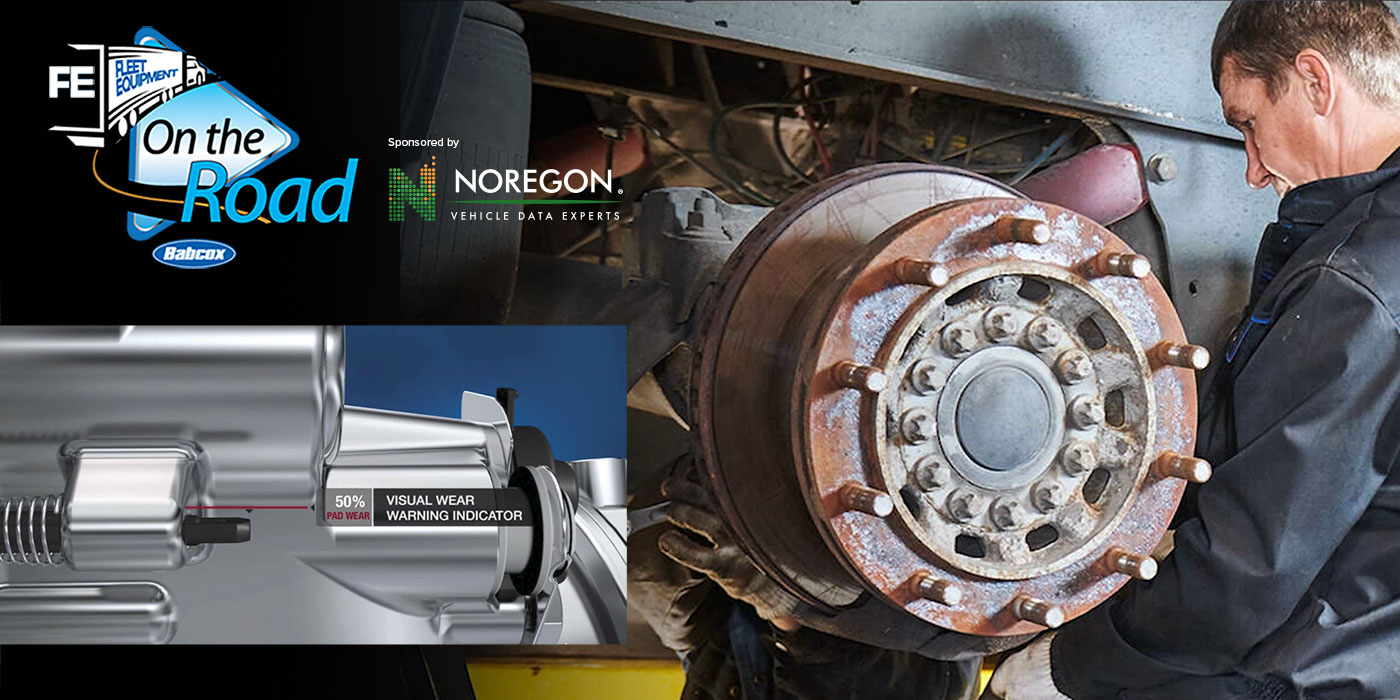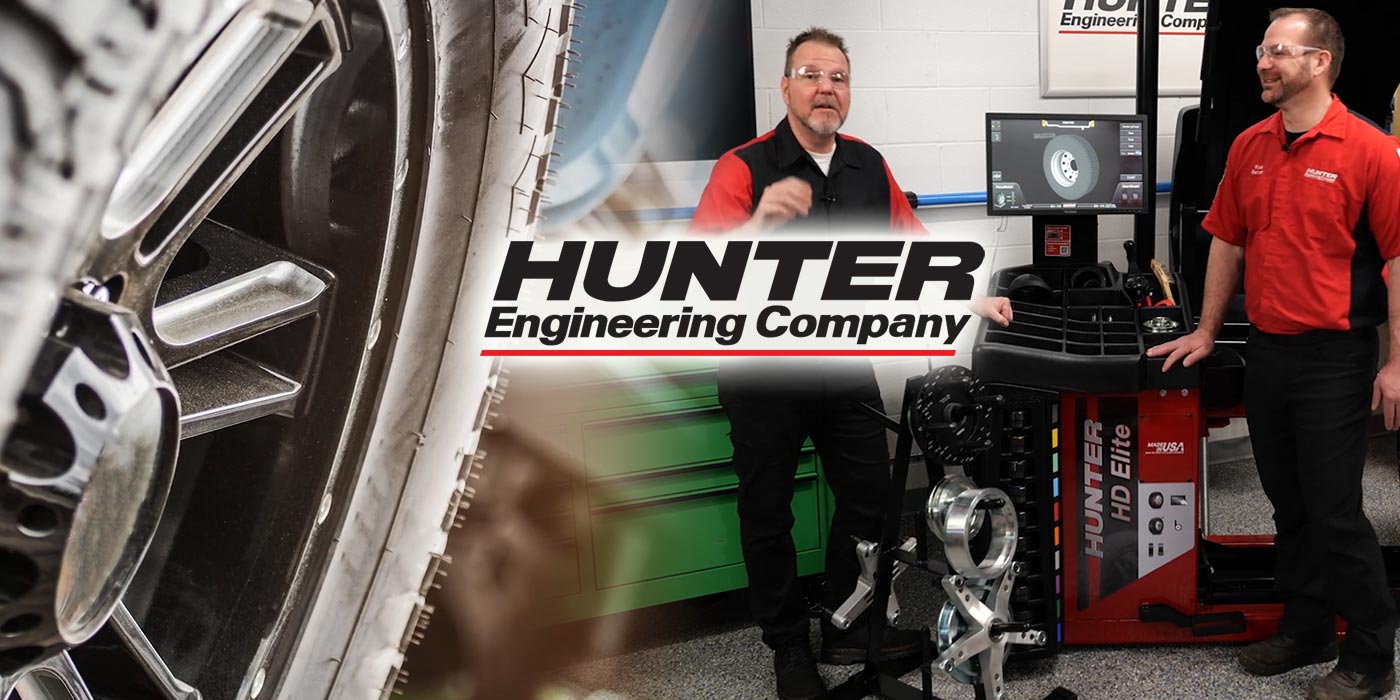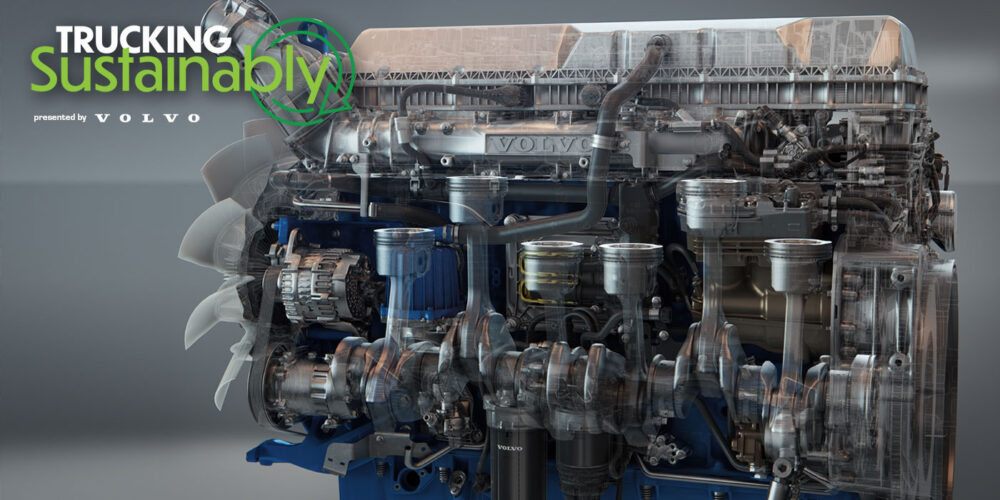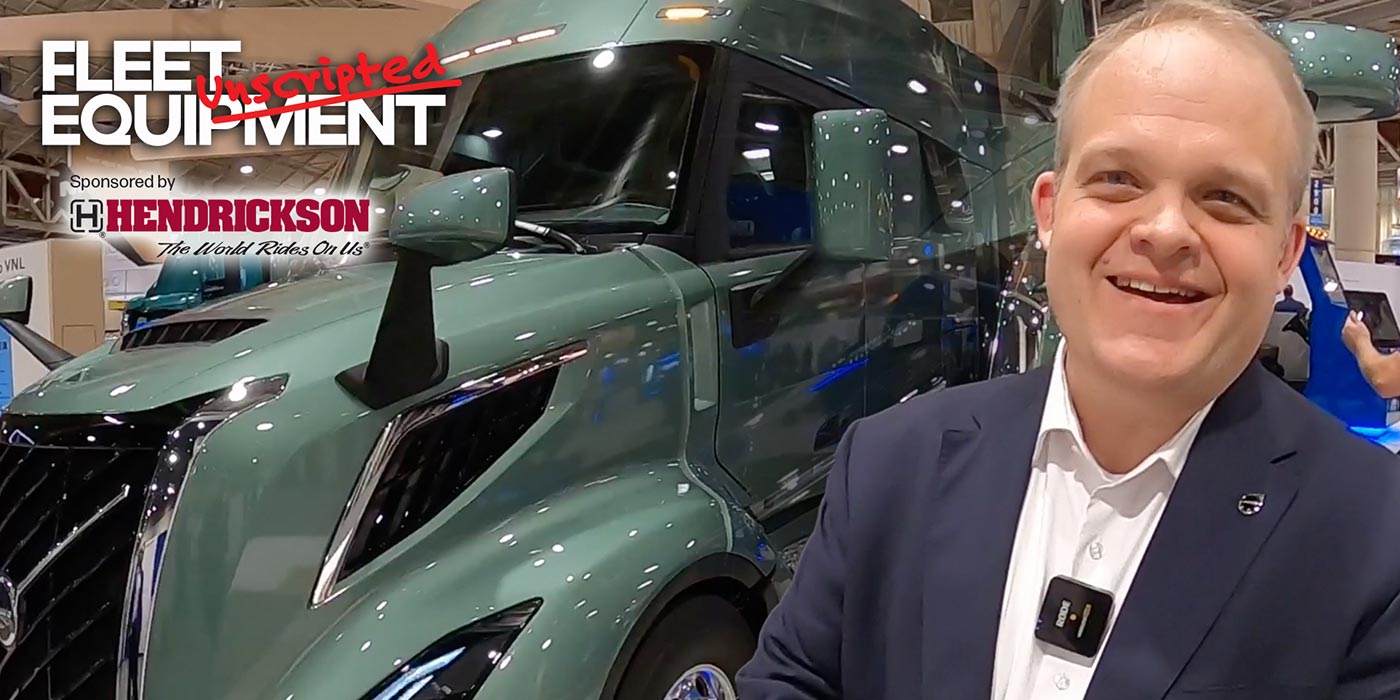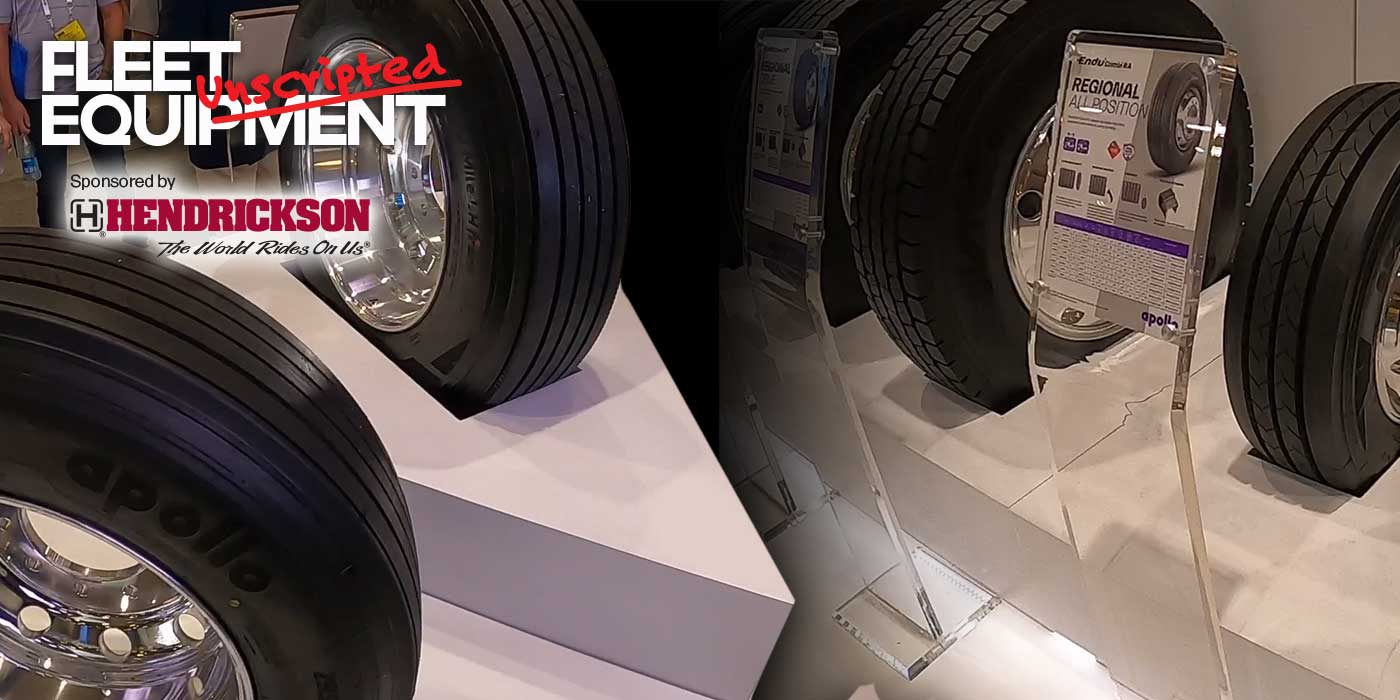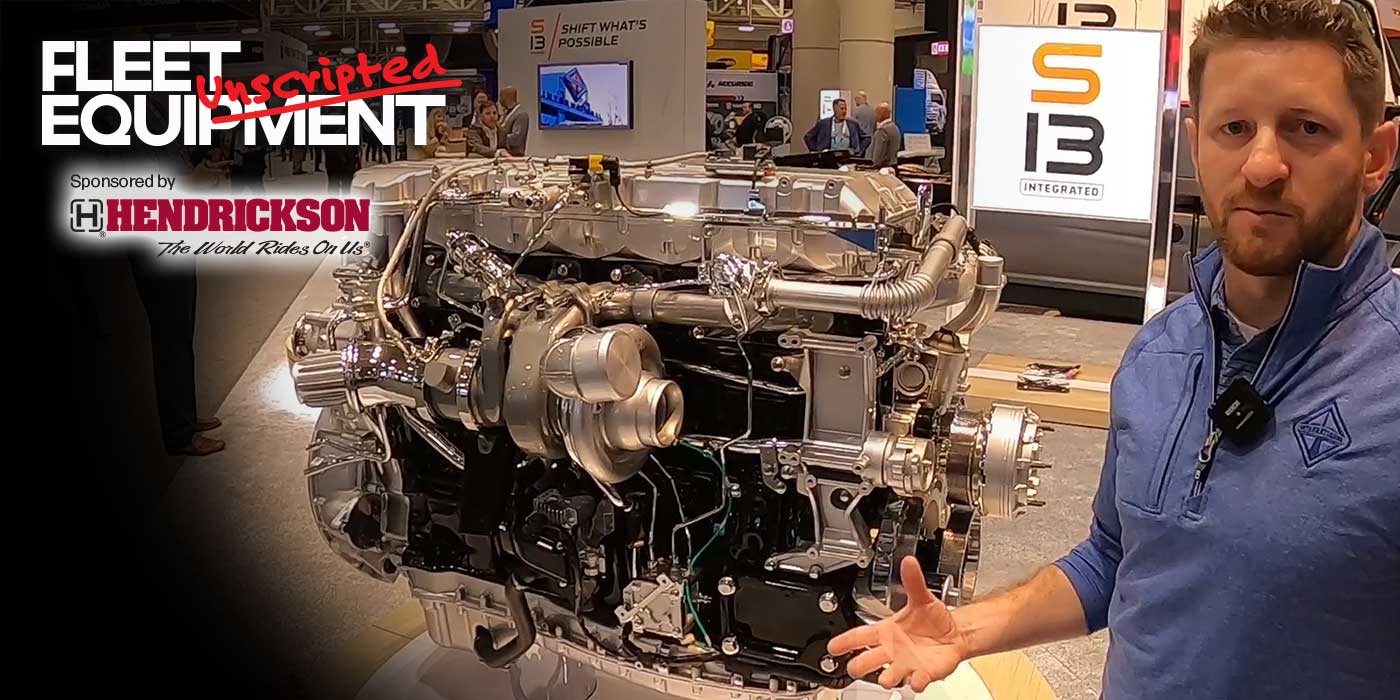Command Steer is an active steering system that adds an electric motor to the existing hydraulic steering to help reduce driver effort by up to 85% and improve driver productivity and comfort, according to Mack.
Mack Command Steer provides variable steering assist based on the driving situation. Multiple sensors throughout the truck monitor road conditions, driver inputs and even environmental elements, and relay those observations more than 2,000 times per second. The system’s electric motor then applies additional torque as needed to the steering, making it easier to keep the truck on the desired path.
According to the company, Mack Command Steer helps suppress road disturbances such as potholes or other surface irregularities, smoothing the steering feedback and reducing the possibility of steering wheel “kicks.” It also includes a return to zero feature that automatically returns the steering wheel to the center or zero position, helping simplify maneuvers in tight spaces, whether going forward or in reverse.
For a look at the system in action, along with a demo of Mack Trucks Grade Gripper, watch the video above.
No script? No plan? No problem. Welcome to Fleet Equipment Unscripted—the video interview series that connects you with the greatest minds in the heavy-duty trucking world.
Bookmark the Fleet Equipment Unscripted page to catch all of our Unscripted episodes, and subscribe to our newsletter by clicking here to have the latest news and in-depth trucking stories delivered straight to your inbox.
Fleet Equipment Unscripted is sponsored by Hendrickson.


